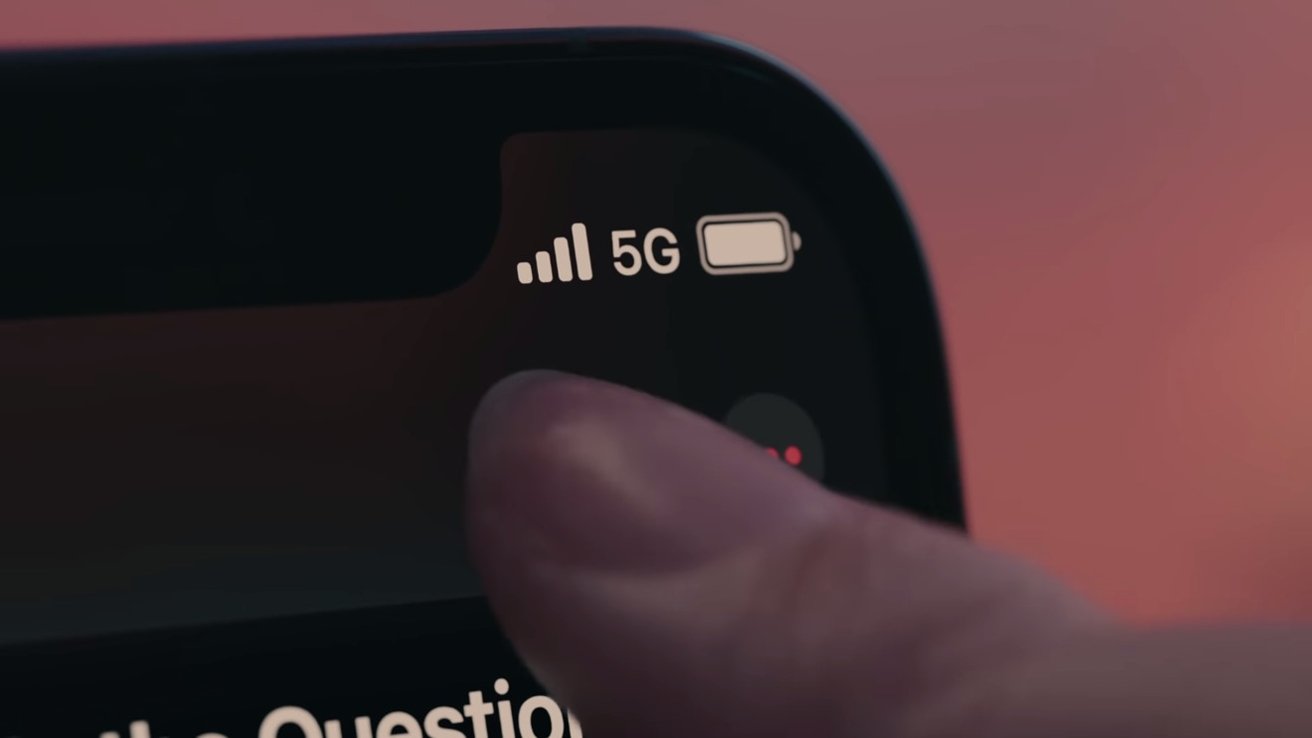Global smartphone data speeds are up thanks to 5G rollout
Cellular data speeds have begun increasing around the globe as more people have access to 5G, offering higher speeds and lower latency "almost everywhere."
A new report from OpenSignal shows that data speeds are up globally thanks to the widespread rollout of 5G, which began in late 2019.
Download speeds have increased notably in South Korea. Prior to 5G launching, South Korean users averaged 52.4 Mbps but now average 129.7 Mbps. These speed increases have resulted in South Korea being listed as the best place to play online games based on internet speed.
Users in Canada have also seen a notable speed boost, rising from 42.5 Mbps to 64.1 Mbps on average. Users in the U.K. saw an increase from 21.7 Mbps to 39.7 Mbps, while those in the U.S. also saw a modest increase from 21.3 Mbps to 37 Mbps.
While 5G has helped boost speeds globally, it's far from finalized. OpenSource reminds readers that 5G is still in the nascent stages, and that the service will continue to improve over time, just as 4G did.
To date, almost all 5G services use early versions of the 5G standard — mostly Release 15. Every few years the main industry standards body — the 3GPP — coordinates the creation of a new technology mark which vendors and mobile operators aim to use to improve users' experience. There are already several versions of 5G either at various stages of development or which have been finalized and will soon see widespread commercial deployments.
The iPhone 12 was the first of Apple's lineup to be compatible with 5G, launching in October 2020. Now, the iPhone 13, fifth-generation 12.9-inch iPad Pro, third-generation 11-inch iPad Pro, and the sixth-generation iPad Mini also work with 5G mobile networks.
 Amber Neely
Amber Neely









 Thomas Sibilly
Thomas Sibilly
 AppleInsider Staff
AppleInsider Staff
 William Gallagher
William Gallagher
 Malcolm Owen
Malcolm Owen
 Christine McKee
Christine McKee










46 Comments
US still lags?? Canada way better. Its a WOW
I’m still not understanding how 5G on my iPhone matters. I have yet to see anyone watching 5 streams of sports video simultaneously and very little mobile gaming (and the mobile gaming I usually see is something like Candy Crush or Solitaire which are not bandwidth intensive).
Will it matter in the future? Possibly, but the future doesn’t make a difference on the phone I have now.